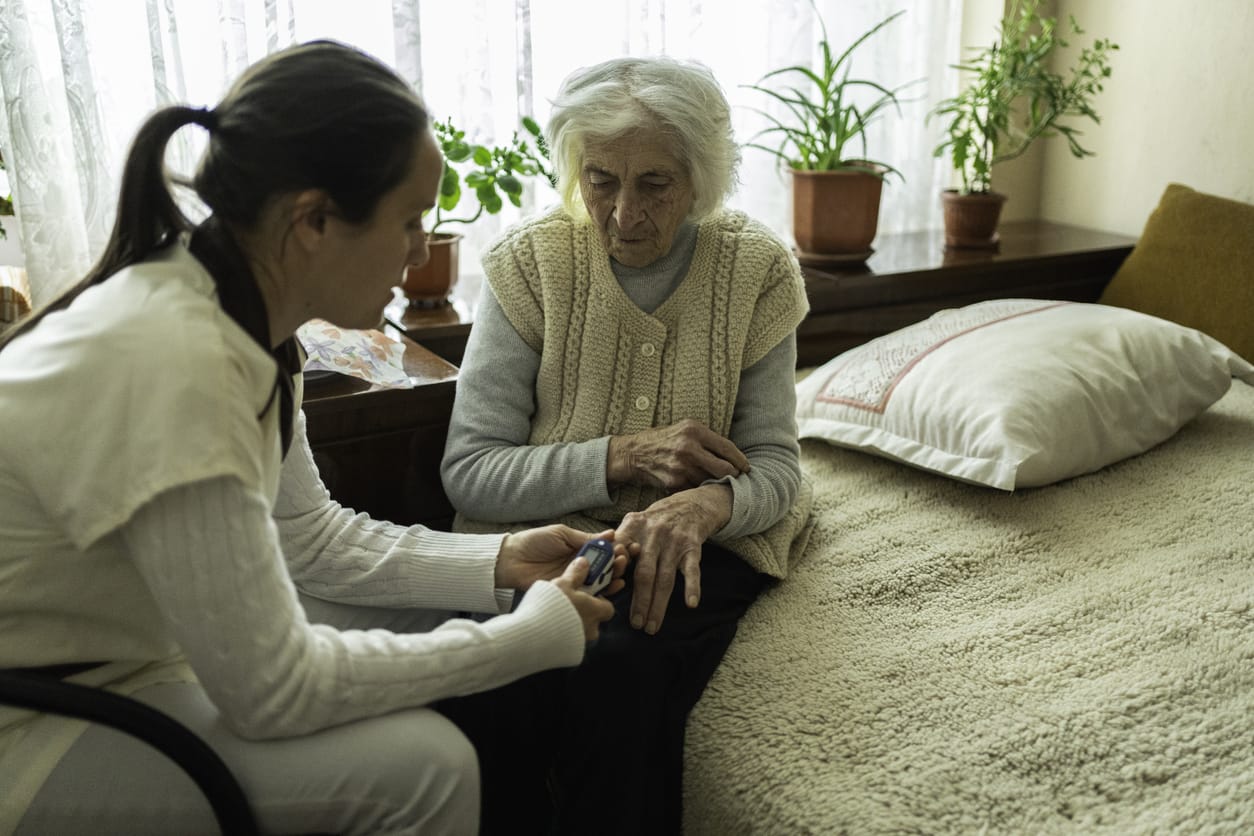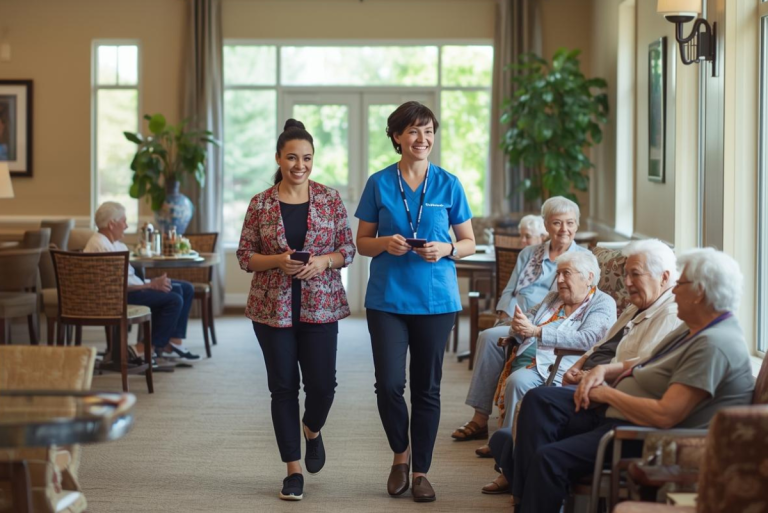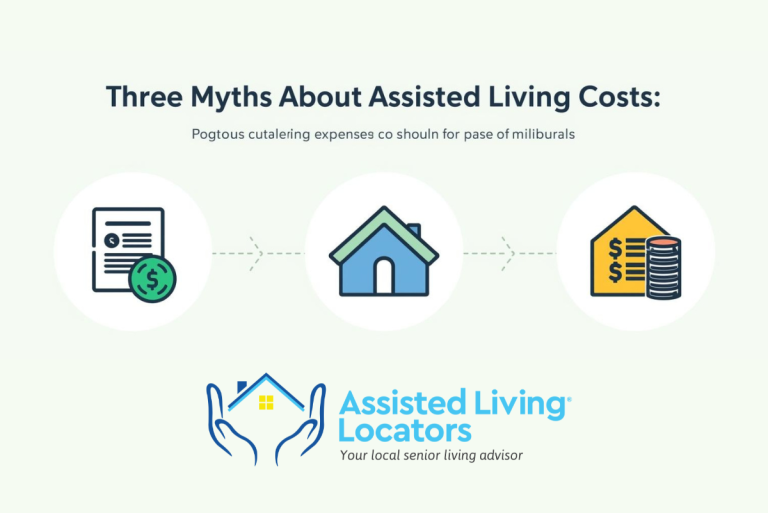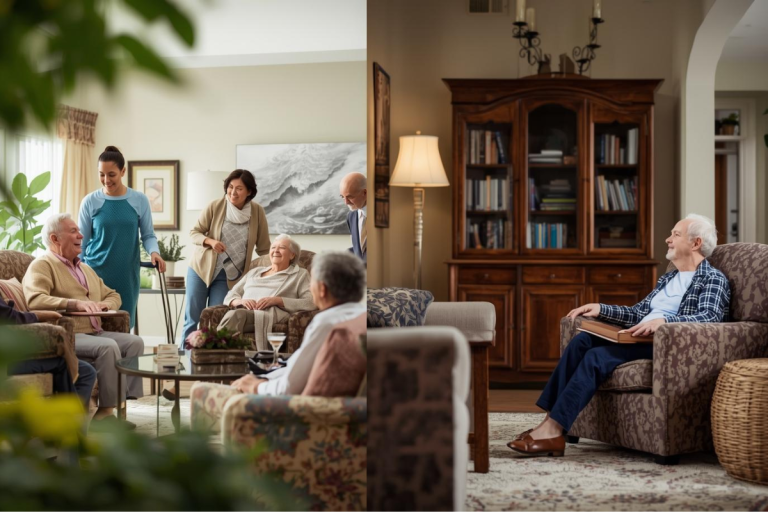Caring for elderly loved ones is a profound duty that requires recognizing and addressing elder abuse, a significant yet often overlooked issue. Elder abuse encompasses various harmful acts—physical, emotional, sexual, financial, and neglect—each potentially devastating to an elder's health and well-being. Physical abuse involves intentional infliction of pain or harm, emotional abuse includes actions that cause mental distress, sexual abuse covers any non-consensual contact, financial abuse pertains to the misuse of an elder's assets, and neglect is the failure to provide necessary care. As family caregivers, it is essential to understand these forms to protect our seniors and ensure they live their later years in safety and dignity.
Understanding Elder Abuse
As family caregivers, part of our responsibility involves not only providing love and care but also safeguarding our elderly loved ones from harm. Understanding the different types of elder abuse is crucial in this effort. Here’s a brief overview of each type:
- Physical Abuse: This type of abuse involves the use of physical force that can result in bodily injury, pain, or impairment. It can include hitting, pushing, or improperly using medications or restraints.
- Emotional Abuse: Emotional or psychological abuse occurs when someone causes emotional pain, distress, or anguish through verbal or non-verbal acts. This could involve yelling, threatening, isolating, or humiliating the elder.
- Sexual Abuse: This form of abuse includes any non-consensual sexual contact with an elderly person.
- Financial Abuse: Financial exploitation involves the illegal or improper use of an elder’s funds, property, or assets. Examples include stealing money, forging checks, or abusing power of attorney privileges.
- Neglect: Neglect is the failure to meet the basic needs of the elder, which includes providing food, shelter, health care, and protection from harm. It can be intentional or result from inadequate knowledge or resources of the caregiver.
It’s imperative to remain vigilant and informed about these forms of abuse to prevent and address them effectively, ensuring our elderly family members are treated with the respect and dignity they deserve.
Signs of Elder Abuse
Recognizing the signs of elder abuse is critical for family caregivers dedicated to protecting their elderly loved ones. Each type of abuse has specific indicators that can alert caregivers to potential problems:
- Physical Abuse Signs: Look for unexplained bruises, scars, or other injuries, such as broken bones. Reports of a drug overdose or an apparent failure to take prescribed medications regularly are also red flags.
- Emotional Abuse Signs: Signs include unexplained withdrawal from normal activities, a sudden change in alertness, and unusual depression. Frequent arguments or tension between the caregiver and the elderly person might also indicate emotional abuse.
- Sexual Abuse Signs: Be vigilant for bruises, unexplained venereal diseases or genital infections, unexplained vaginal or anal bleeding, and torn or stained clothing.
- Financial Abuse Signs: Watch for sudden changes in financial conditions, missing items or cash, and suspicious changes in wills, power of attorney, titles, and policies. These could suggest that financial exploitation is occurring.
- Neglect Signs: Signs of neglect include unusual weight loss, malnutrition, dehydration, untreated physical problems, unsanitary living conditions, and instances where the elder is left dirty or unbathed.
Understanding and recognizing these signs is vital to intervening effectively and ensuring the safety and dignity of elderly individuals under their care. It is essential to take immediate action if any of these signs are observed, as elder abuse can severely impact an elder's health and well-being.
Preventing Elder Abuse
Elder abuse is a serious issue, with statistics showing that roughly 1 in 10 older adults in the US experience it annually, according to the U.S. Department of Justice. Family caregivers have a crucial role to play in prevention. Careful selection of caregivers is essential. Conduct thorough background checks, verify references, and confirm proper training to ensure qualified and trustworthy individuals are caring for your loved one.
Once a caregiver is in place, maintain open communication with both the caregiver and the elder. Regular check-ins and even unannounced visits can help detect any signs of abuse early on. Building a strong support system with family, friends, and community resources like senior centers provides additional oversight and creates a safe environment where your loved one feels valued and empowered to speak up. By taking these steps, you can significantly reduce the risk of elder abuse and ensure your loved one ages with dignity and respect.
What to Do If You Suspect Elder Abuse
If you suspect that an elderly loved one is being abused, it is crucial to take immediate and decisive action to ensure their safety and well-being. Elder abuse is a serious issue that can manifest in various forms, including physical, emotional, financial, and neglect. Addressing any signs of abuse promptly can help prevent further harm and protect the elder's rights and dignity. Here are the steps you should take:
- Immediate Reporting: Immediately report any suspicions of abuse to local authorities or adult protective services. These agencies have the expertise and authority to assess the situation and intervene effectively, ensuring the safety of the elder.
- Legal Consultation: Consider consulting with a lawyer who specializes in elder law. A specialized attorney can offer advice on legal protections and actions to ensure the elder's rights are safeguarded.
- Support Networks: Utilize support networks such as the National Elder Abuse Hotline. These organizations provide confidential advice, support, and access to resources that can help address and prevent abuse.
In conclusion, recognizing the signs of elder abuse and taking swift action are crucial steps in protecting our seniors. Elder abuse is a serious violation that can severely impact the health and rights of older adults, emphasizing the need for vigilance and proactive measures from family caregivers. To amplify the impact of our efforts, I urge you to share this information with others to raise awareness. Additionally, feel free to comment with any questions or share your personal experiences related to this topic, fostering a supportive community dialogue that strengthens our collective resolve to safeguard our elderly loved ones.





